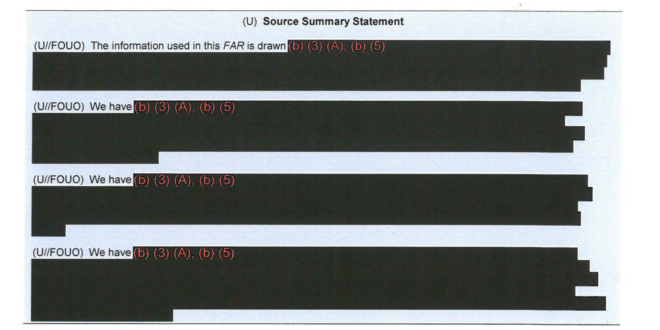For advocates of open government in Nevada, two of the most problematic bills introduced so far in the 2021 legislative session would override the state’s existing transparency standards in favor of more-secretive rules imported from the federal government.
Assembly Bill 39, sponsored by the Department of Public Safety, would create a new exemption to the Nevada Public Records Act (NPRA) that essentially mirrors the so-called “deliberative process privilege” from the federal Freedom of Information Act (FOIA). More specifically, AB39 would exclude from NPRA’s definition of public records all “predecisional deliberations” and “notes and working papers prepared” by public officials in the course of their work, including texts and email messages.
Federal FOIA’s “deliberative process privilege is widely considered to be one of the most abused bases for denying access to information,” according to the Reporters Committee for Freedom of the Press (RCFP). “Among transparency advocates and members of the press, it has become known as the ‘withhold it because you want to’ privilege, reflecting how government agencies have used it to dodge disclosing embarrassing or politically inconvenient records,” said RCFP.
AB39 hasn’t been scheduled for a hearing yet.
Senate Bill 77 would adopt lower federal standards for both meetings and public records. But unlike AB39, SB77 would apply in relatively narrow circumstances: When a federal agency reviews a Nevada-based project under the National Environmental Policy Act (NEPA). County officials say the feds require them to agree to accept the lower standards in order to participate in the proceedings, and claim that Nevada’s Open Meeting Law has hampered their internal communications relating to local NEPA proceedings.
The Nevada Press Association testified against the bill at a Feb. 10 hearing in the Senate Government Affairs Committee.
“(C)ounties already have an outsized influence in the development of NEPA documents,” said a letter in opposition to SB77 signed by NPA, two member papers and several other open government and environmental organizations. “If SB 77 were to be codified into law, it would only encourage collusion between counties, federal and state agencies, and project developers, and limit transparency in the process.”
In total, 362 bills have been introduced so far in the the 2021 session. The bills NPA is tracking are listed and briefly described here.
 Nevada Press Association The best in Nevada journalism since 1924
Nevada Press Association The best in Nevada journalism since 1924
